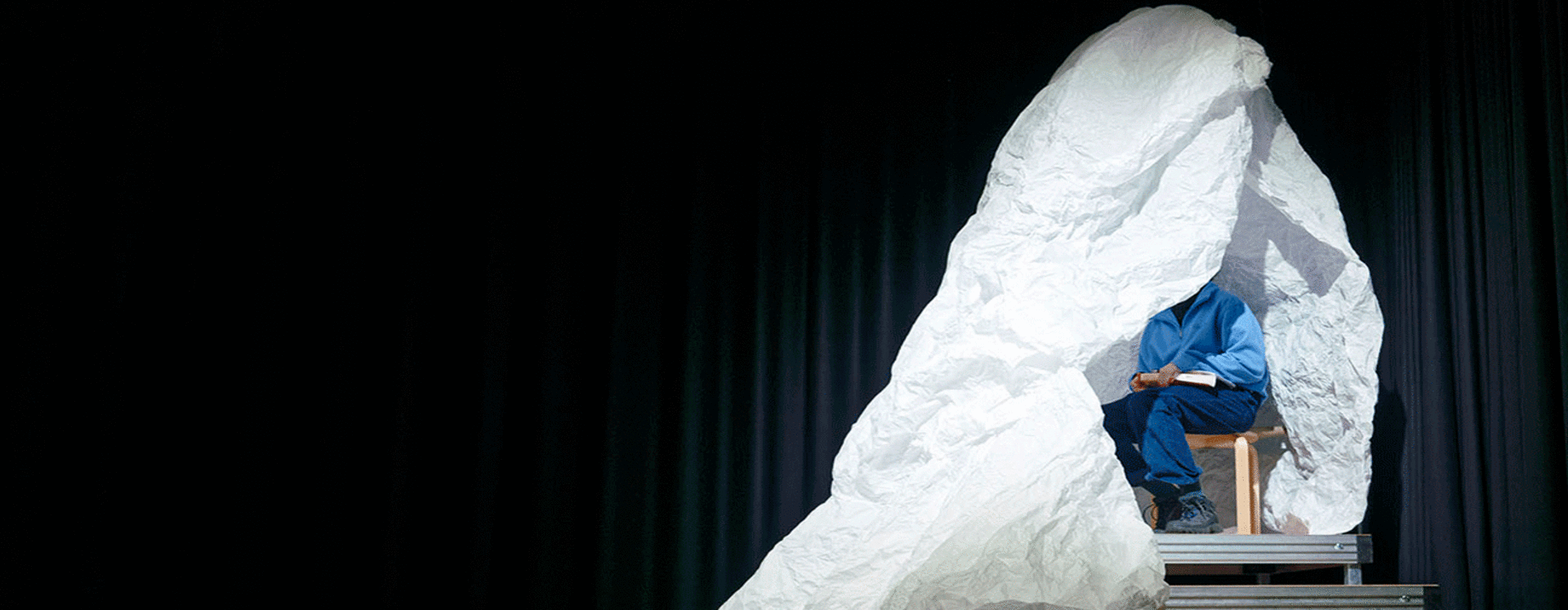Interdependence: On Disability Justice and the (Performing) Arts
The ATD Lectorate is very happy to announce the launch of the film "On Access Intimacy" created by Mira Thompson and Carly Everaert, in collaboration with Studio Akatak, supported by Staci Bu Shea, Joy Brandsma and Laura Cull Ó Maoilearca.
The film "On Access Intimacy" is a teaching tool, designed for teachers or other educators who want to introduce questions of accessibility and disability justice to students.
This film departs from the concept of access intimacy as coined by the American-Korean disability justice thinker and writer Mia Mingus: “That elusive, hard-to-describe feeling when someone else “gets” your access needs”.
The film is available to all for free and comes with a descriptive transcript and a “how to use” manual.
If you would like to access the film please email Marilixe at marilixe.beernink@ahk.nl.
This is the first episode of a series of 3 films that Mira and Carly will make as part of an ongoing research project.
Interdependence: on Disability Justice and the (Performing ) Arts is funded by the lectorate of the Academy of Theater and Dance (ATD) and the AHK thematic Cooperation Programm (TCP).
Thanks to Anne Kuit en Maartje Hermsen
Watch the Access Intimacy trailer
Access Intimacy is a collaboration between costume designer Carly Everaert and singer and disability advocate Mira Thompson resulting in a series of “Access Intimacy” classes offered to students at the Academy of Theatre and Dance in Amsterdam and a public panel event on disability justice in arts and education. Access Intimacy is a term coined by the American-Korean disability justice thinker and writer Mia Mingus. She wrote in her blogLeaving Evidence in 2011:
That elusive, hard to describe feeling when someone else “gets” your access needs. The kind of eerie comfort that your disabled self feels with someone on a purely access level. Sometimes it can happen with complete strangers, disabled or not, or sometimes it can be built over years. It could also be the way your body relaxes and opens up with someone when all your access needs are being met. It is not dependent on someone having a political understanding of disability, ableism or access. Some of the people I have experienced the deepest access intimacy with (especially able bodied people) have had no education or exposure to a political understanding of disability.
Building on this work, Mira and Carly are now creating a film version of the Access Intimacy workshop as a tool for other teachers to use in their own contexts.

